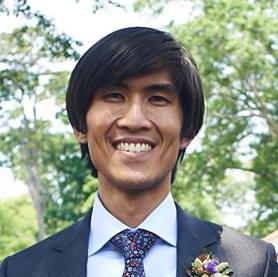Member for
3 years 11 monthsBone Mechanics, Bone Microdamage, Bone Fracture Healing, Osteoporosis, Skeletal Fragility, HIV/AIDS
HIV and AIDS have drastically compromised the quality of life and lifespan for millions of people worldwide. Since its inception in 1996, highly active antiretroviral therapy (HAART) has dramatically increased the life expectancy of those infected with HIV to nearly that of the general population. However, HIV-infected individuals on treatment are now faced with the premature onset of disorders traditionally associated with the natural aging process including cardiovascular disease, neurocognitive decline, and osteoporosis. It is well understood that HIV infection alone is a risk factor for osteopenia and osteoporosis and subsequently for fragility fractures. More recently, studies have established an increase in fracture prevalence in the HIV-infected population. However, the effects of HIV infection, HIV proteins, and antiretroviral drugs on bone are difficult to investigate in the clinical setting. Traditional risk factors for osteoporosis – such as vitamin D deficiency, drug use, smoking, and alcohol use – can complicate any observed effects that HIV or HAART drugs may have. Despite the increased risk for fracture and fracture prevalence in the HIV-infected population, few studies have investigated the potential for HIV infection to adversely affect fracture healing. Considering the critical role of immune cells in the fracture healing process, bone repair may be impaired or delayed with HIV infection. This project aims to utilize two animal models of HIV infection to investigate changes in skeletal development and bone healing. This project will contribute to the growing body of knowledge on the effects of HIV infection on skeletal health and present initial investigations into the effects of HIV on the bone repair process. In addition, it will characterize two HIV-1 transgenic animal models as functional surrogates for studying skeletal disorders in the context of HIV.

